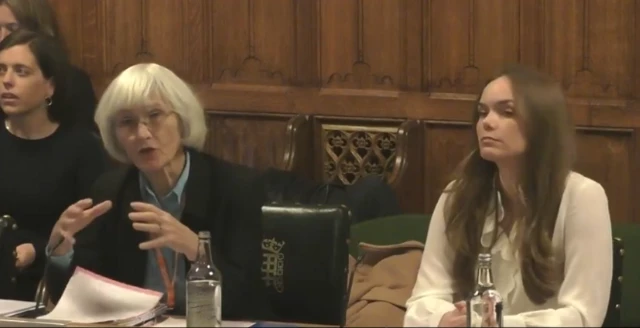Lots of questions asked, but also plenty dodgedpublished at 18:24 GMT 7 January
 Imogen James
Imogen James
Live reporter
It’s been a non-stop afternoon for the Business and Trade Committee, who were questioning representatives from McDonald’s, Tesco, Shein and Temu on labour standards.
There were tense moments at times, culminating in chair Liam Byrne describing the committee as "horrified by the lack of evidence" provided by Shein's witness, that it "bordered on contempt".
We're ending our live coverage here but there is plenty more to read on the afternoon's events:
- Shein lawyer refuses to say if it uses Chinese cotton
- McDonald's boss says 29 people fired over abuse
- How will the changes to workers' rights affect you?
Your editors today were Jacqueline Howard, Tinshui Yeung and Johanna Chisholm.
Your writers were myself, Frances Mao, Nabiha Ahmed and Ben Hatton.



